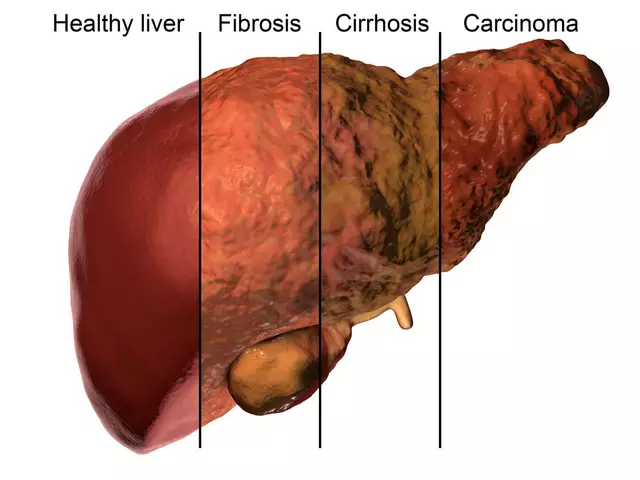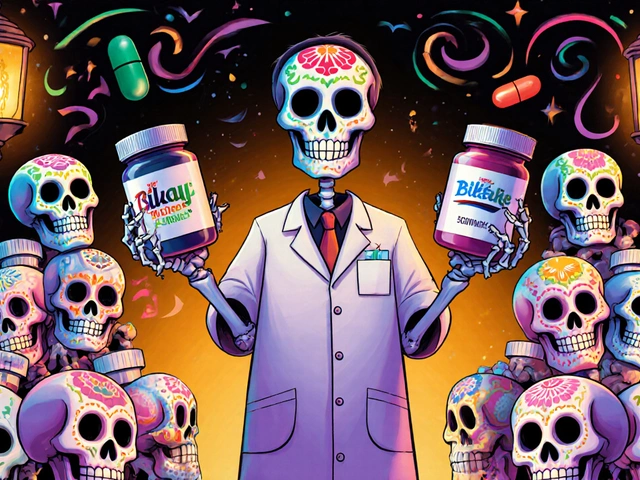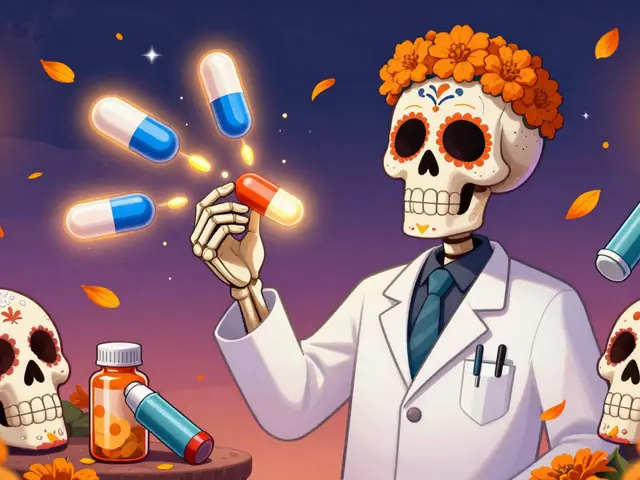Health Risks: Simple Ways to Spot and Reduce Them
Health risks show up in many forms: side effects from medicines, unsafe online drug buys, chronic disease complications, and mental health fallout. You don't need medical training to notice warning signs. Watch for new symptoms after starting a drug, sudden mood changes, or unexpected bills that stop you taking meds. These clues matter.
When it comes to medicines, safety often boils down to three questions: Is the source legit? Is the dose right? Could it interact with other treatments? Buying antibiotics, steroids, or strong meds from sketchy sites increases the chance of counterfeit or wrong-dose products. Always check for prescription requirements, clear contact info, and pharmacy licensing. If something feels off—prices too low, unclear shipping—step back.
Recognize common red flags
Look for obvious signs that a medication or service is risky. Missing manufacturer labels, no pharmacist contact, or no prescription needed for prescription-only drugs are big red flags. For side effects, watch for headaches, dizziness, stomach upset, allergic rashes, or breathing trouble. Mental health changes—worsening anxiety, suicidal thoughts, or severe mood swings—need urgent attention. If you see these, stop the drug and call a doctor or emergency services.
Practical steps to cut risk
Start by keeping a simple medication log: name, dose, why you take it, start date, and any new symptoms. Share that log with your doctor or pharmacist. Use trusted discount apps carefully—compare prices and read the fine print so you don't accidentally buy counterfeit meds. For chronic conditions, routine check-ups and lab tests catch problems early. For acute needs, never delay seeking care because of cost; community clinics and patient assistance programs can help.
Natural or alternative options sound tempting, but they can still cause harm or interact with prescriptions. Tell your provider about any supplements or herbs you use. When treating conditions like asthma or infections, swapping drugs needs a doctor's advice—some alternatives won't work or may be dangerous if misused. For sexual health, hormone therapy, or mental health meds, get professional guidance rather than guessing doses.
Finally, mental health ties into physical risk. Chronic illness can increase anxiety and depression, and stress affects sleep, appetite, and medication adherence. Seek therapy options like CBT if mood or daily function slips. Support groups, sleep hygiene, and small lifestyle tweaks—consistent exercise, fewer sugary drinks, regular sleep—make a measurable difference.
Spotting health risks early and taking simple steps—verify pharmacies, track meds, ask questions, and get regular care—keeps you safer and often saves money. If you ever feel unsure, call a healthcare professional. Quick action beats long-term harm.
Check online reviews and verification seals before you order. If a pharmacy ships from another country, ask about customs delays and how to track your package. Keep emergency info handy: allergies, current meds, and your doctor's phone. When in doubt, ask the pharmacist to explain how a drug works and what side effects to expect. Small questions now can stop big problems later. Save records of prescriptions and receipts for future reference too.

Bromocriptine might sound like something only pharmacists toss around, but it's actually a hot topic in bodybuilding. This article dives into how bromocriptine, commonly used for Parkinson’s, is being repurposed to manage hormones in dedicated athletes. With promises of better muscle gains and fat loss, it's catching some serious attention. But like with all good things, it comes with risks that are important to consider before diving in.
Chris Gore Apr 5, 2025




